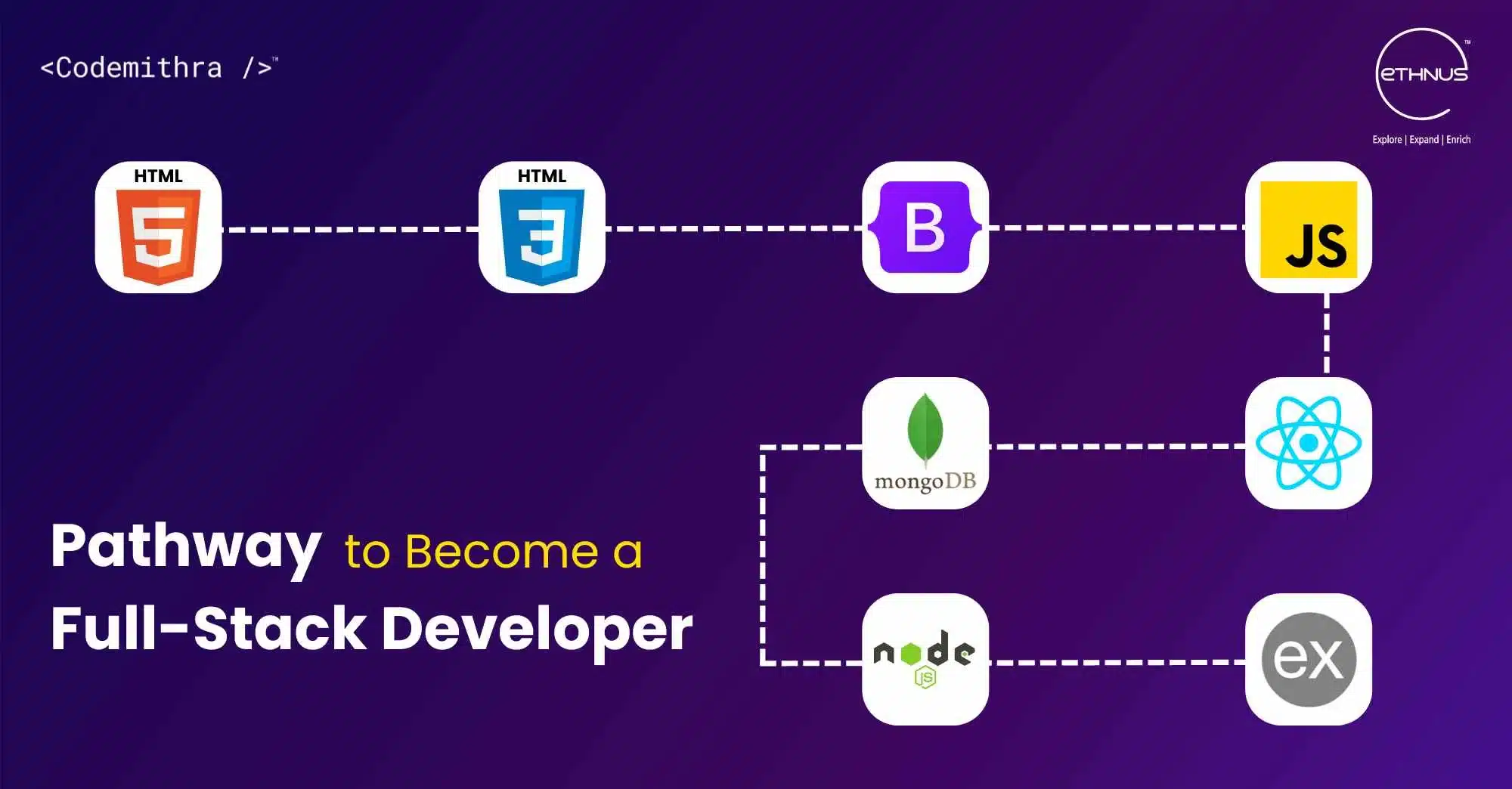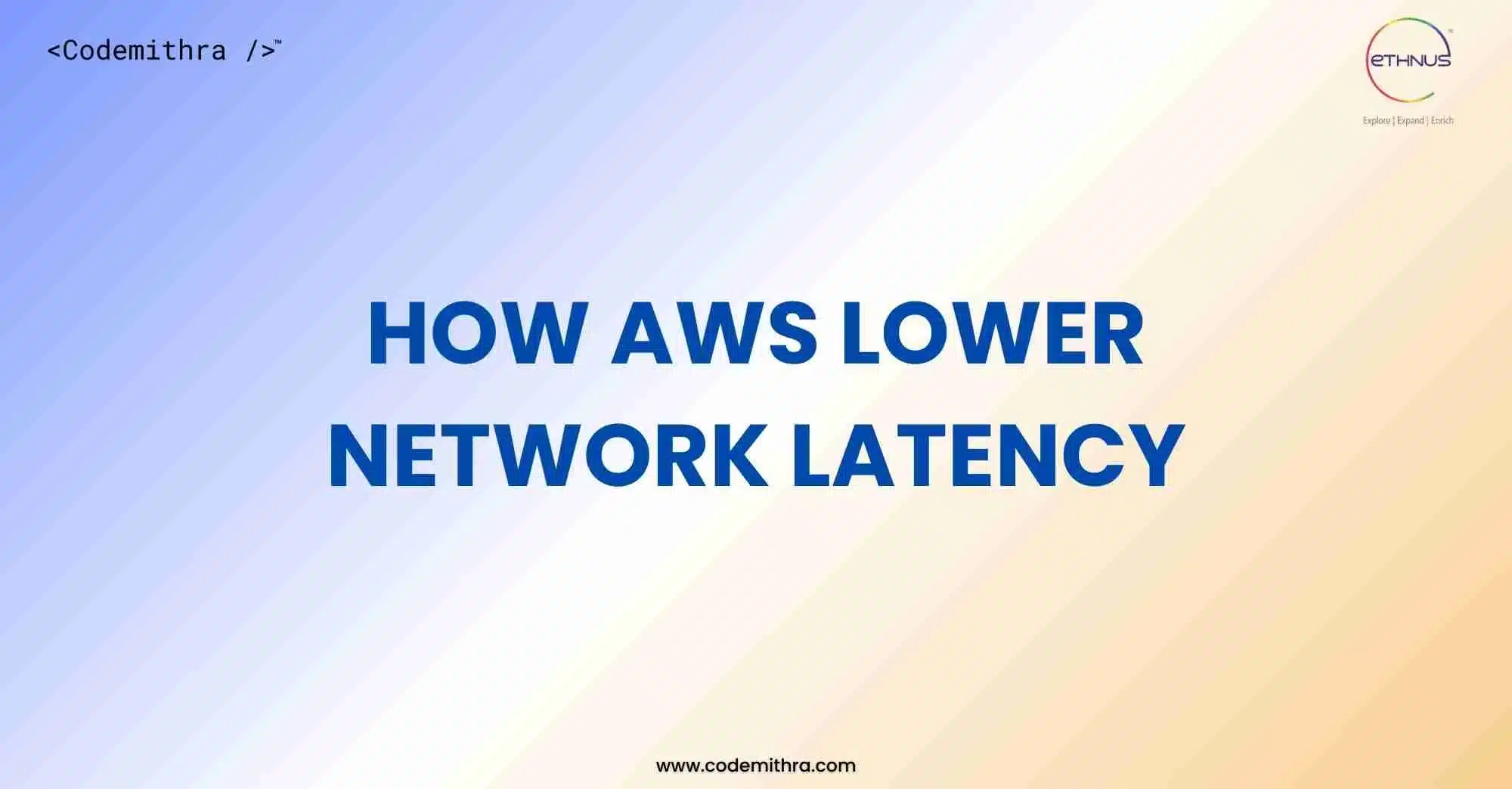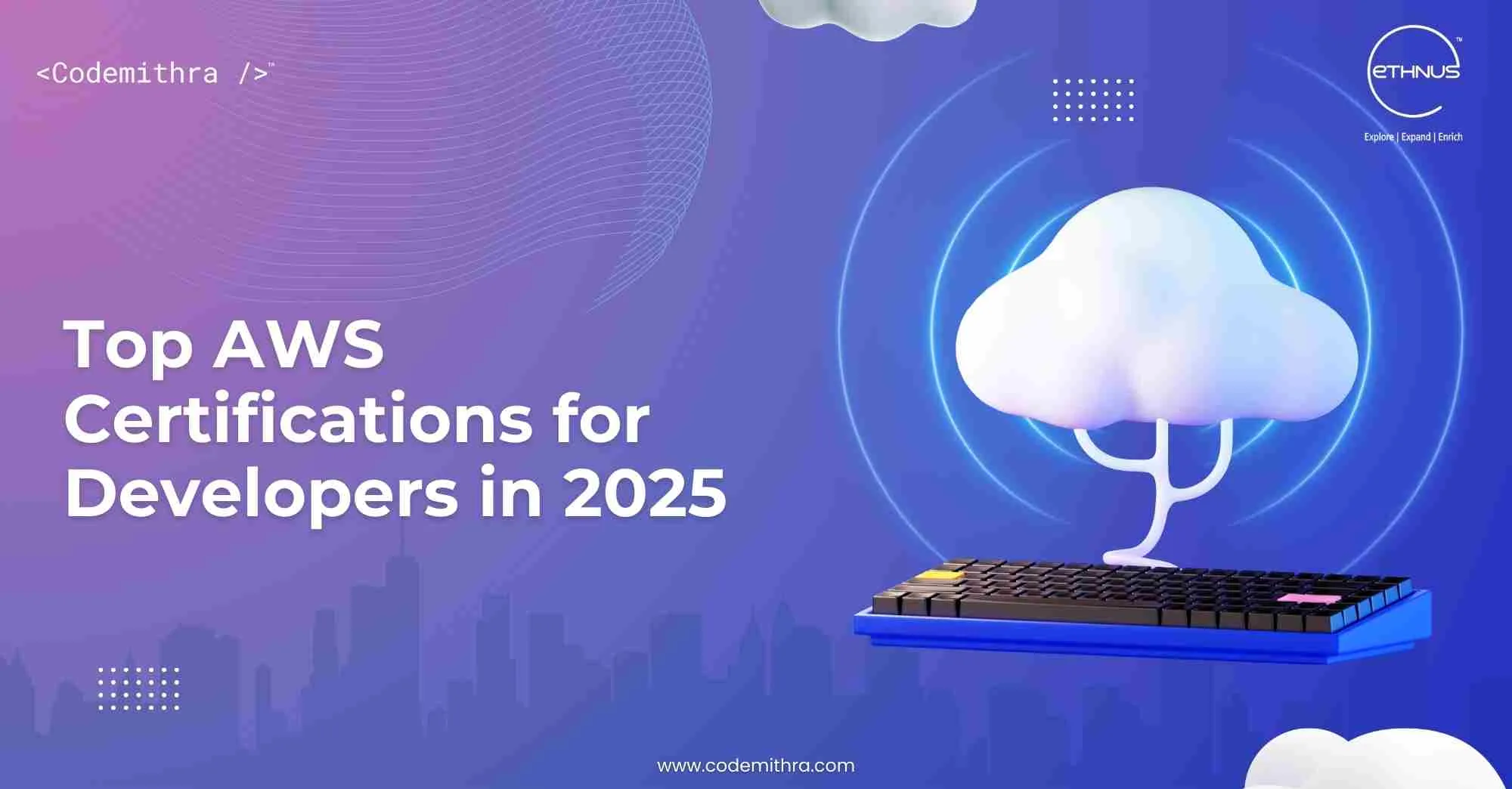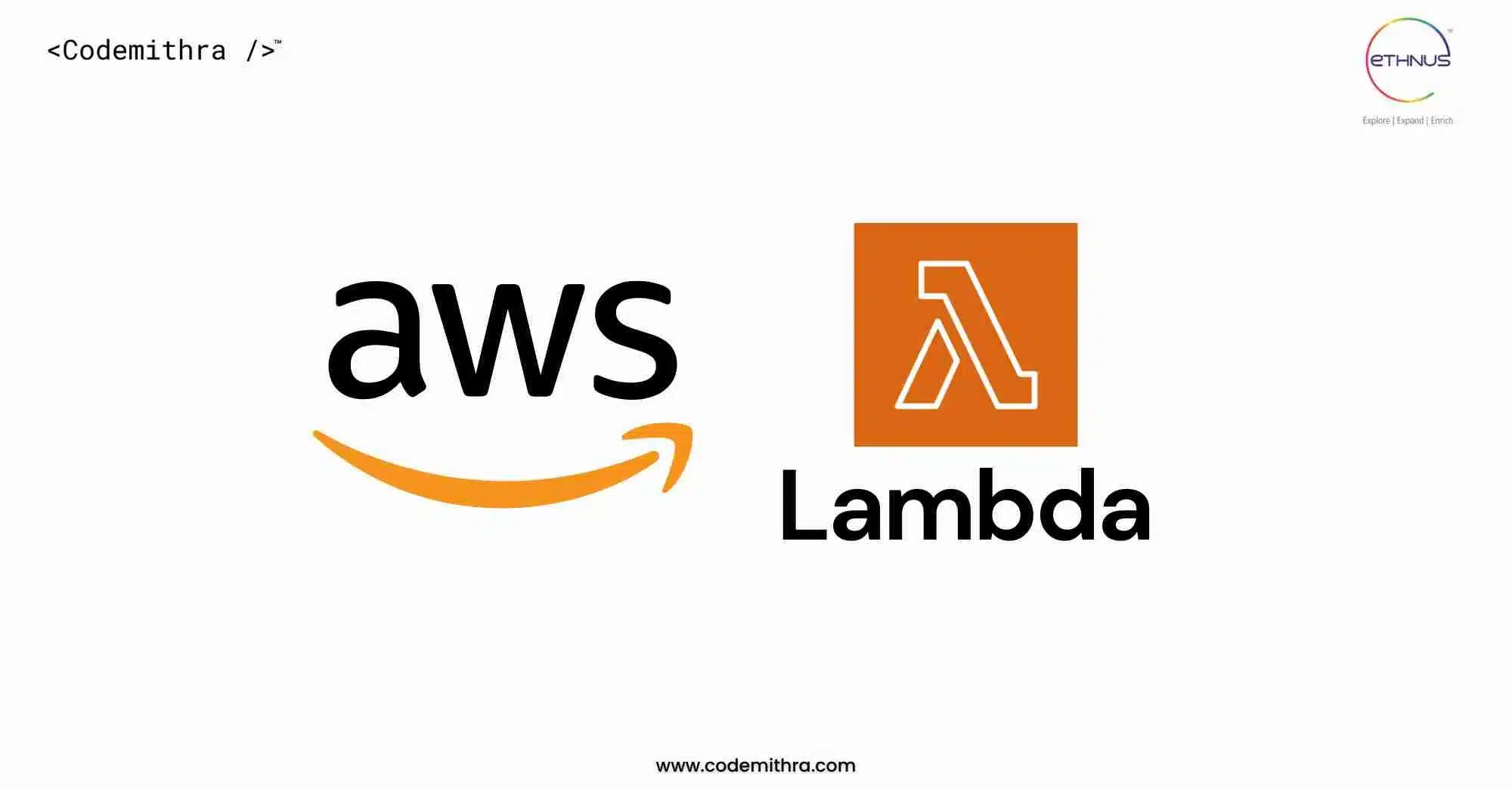Introduction
The role of a full-stack developer is both challenging and rewarding, requiring a mix of creative and technical skills. Full-stack developers can create robust, high-performing applications that meet user needs and business goals by understanding the complete web development process. Let’s dive into the key skills you need to become a successful full-stack developer.
Key Skills for Full-Stack Development
- HTML/CSSHTML (HyperText Markup Language) and CSS (Cascading Style Sheets) are the foundational technologies for web development. HTML structures the content of web pages, while CSS styles it. Mastery of these technologies is essential for creating visually appealing and user-friendly web interfaces.
- JavaScriptJavaScript is a versatile, high-level programming language that enables interactive web pages. It is crucial for front-end development and has extensive libraries and frameworks, such as React, Angular, and Vue.js, that enhance functionality and efficiency.
- Front-End FrameworksLearning front-end frameworks like React, Angular, or Vue.js helps in building complex user interfaces efficiently. These frameworks offer pre-built components and tools that streamline development and improve performance.
- Back-End LanguagesUnderstanding server-side programming languages is vital for handling the back-end logic of web applications. Popular back-end languages include:
Node.js: A runtime environment that lets JavaScript run server-side scripts.
Python: Known for its readability and versatility, often used with frameworks like Django or Flask.
Ruby: Paired with Ruby on Rails, it simplifies web application development.
- Databases
Databases store and manage data for web applications. Knowledge of both SQL (Structured Query Language) and NoSQL databases is beneficial. Common databases include:SQL Databases: MySQL, PostgreSQL, and SQLite.
NoSQL Databases: MongoDB, Cassandra, and Redis.
- Version Control/GitVersion control systems, especially Git, are indispensable for tracking changes in your code, collaborating with other developers, and managing project versions. Platforms such as GitHub, GitLab, and Bitbucket are extensively utilized in the industry.
- RESTful APIs and GraphQLAPIs (Application Programming Interfaces) facilitate communication between diverse software systems. Understanding how to design and implement RESTful APIs and GraphQL ensures seamless integration of your web application with other services.
- DevOps and CI/CDDevOps practices and Continuous Integration/Continuous Deployment (CI/CD) pipelines are crucial for automating the deployment process, ensuring smooth and efficient updates. Knowing tools such as Jenkins, Docker, and Kubernetes is beneficial.
- Cloud ServicesCloud platforms such as AWS, Google Cloud, and Azure offer scalable and reliable infrastructure for web applications. Learning how to deploy and manage applications on these platforms is a valuable skill for full-stack developers.
Ethnus Codemithra’s MERN Full Stack Course
Ethnus Codemithra’s MERN Full Stack course is highly recommended for beginners looking to dive into full-stack development. This course is ideal for those new to the field and covers MongoDB, Express.js, React, and Node.js, providing a comprehensive understanding of full-stack development. Offered in both online and offline sessions, providing flexibility to accommodate your schedule. Additionally, Ethnus Codemithra provides placement opportunities upon course completion, ensuring a smooth transition into the job market. Their world-class instructors are dedicated to helping students master the material and are always ready to clear up any doubts.
Why Choose Ethnus Codemithra?
- Comprehensive Curriculum: Extensive coverage of both front-end and back-end development.
- Practical Projects: Hands-on projects that simulate real-world scenarios.
- Expert Instructors: Courses taught by industry professionals with extensive experience.
- Placement Opportunities: Job placement assistance upon course completion.
Conclusion
Becoming a full-stack developer requires a diverse skill set that covers both front-end and back-end development. By mastering these skills, you’ll be well-equipped to build, deploy, and maintain comprehensive web applications. For a detailed guide on mastering full-stack development with the MERN stack, consider enrolling in Ethnus Codemithra’s MERN Full Stack course. It’s an excellent starting point for anyone looking to excel in the field of full-stack development.
FAQs
- What is the difference between a front-end developer and a full-stack developer?
A front-end developer focuses on the user interface and client-side logic, using technologies like HTML, CSS, and JavaScript. A full-stack developer, on the other hand, handles both front-end and back-end development, including server-side logic, databases, and application deployment.
- How long does it take to become a full-stack developer?
The time it takes to become a full-stack developer varies depending on your background, learning pace, and dedication. On average, it can take anywhere from 6 months to 2 years of consistent study and practice.
- Do I need a computer science degree to become a full-stack developer?
While a computer science degree can be beneficial, it is not mandatory. Many successful full-stack developers are self-taught or have attended coding boot camps. What matters most is your skills, experience, and ability to solve real-world problems.

